5 natural repellents for carpenter bees – that won’t damage your home or health
Chemical pesticides can damage your home and your health – try these natural alternatives instead
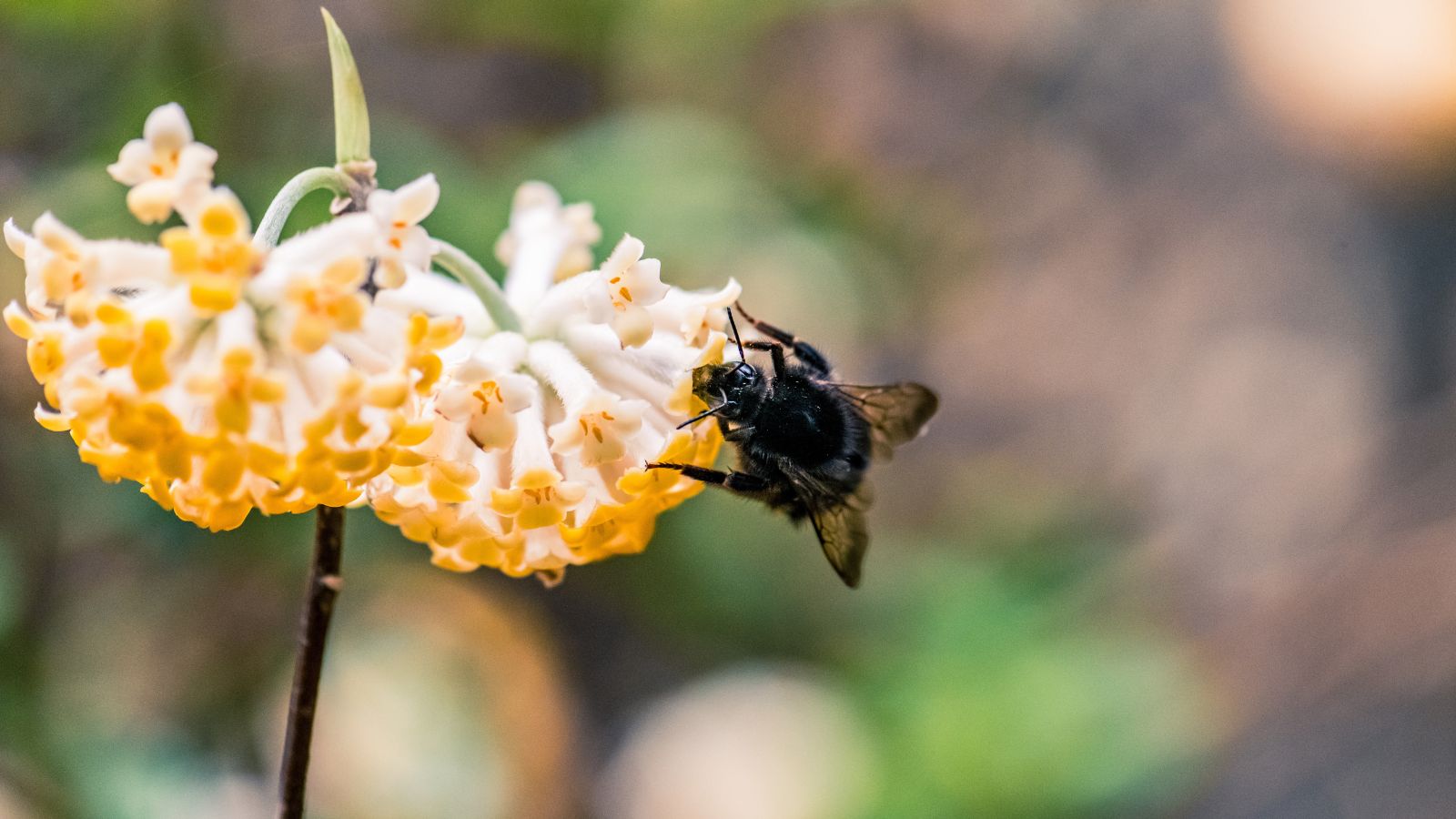

One of the only things more damaging than carpenter bees coming into your home is the chemical pesticides used to get rid of them.
While the pests themselves can cause structural damage, water damage, and overall lower the value of your property, strong chemicals pose a serious hazard to your home, yard, and health – especially if they are not used correctly, or are used in too high a dose.
This summer, pest control experts suggest homeowners try out these five natural repellents when exploring how to get rid of carpenter bees.
Natural repellents for carpenter bees
Removing carpenter bees from your home is no one's ideal way to spend a weekend, which is why placing out natural repellents to prevent them from coming in in the first place is lauded by pest experts. These are the five natural repellents for carpenter bees you need to try as the weather gets warmer.
1. Scare them away with citrus
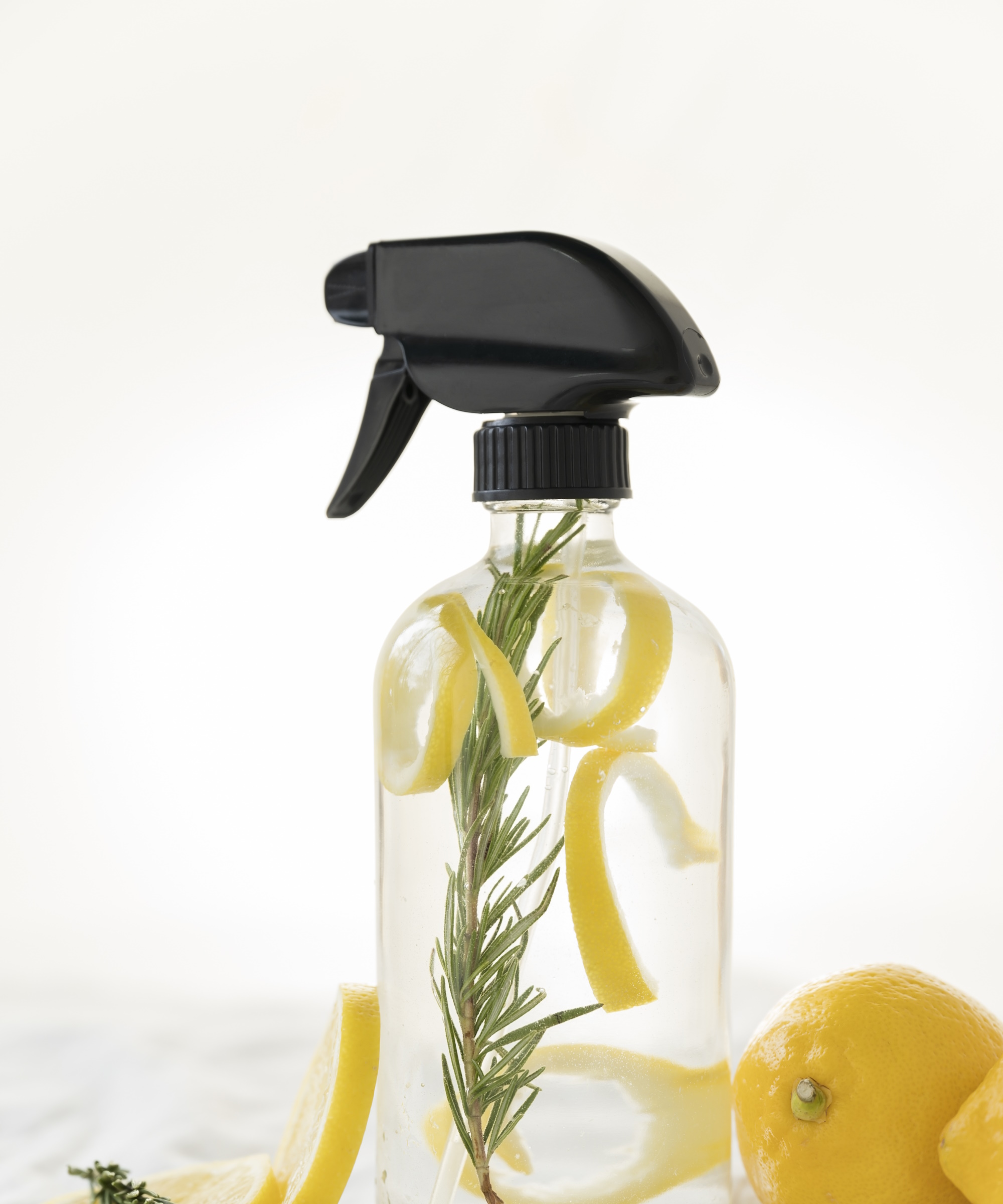
All the best homemade bug sprays use essential oils to help deter pests such as carpenter bees. Georgios Liakopoulos, professional pest control expert at Fantastic Pest Control, suggests that strong scents such as citrus, tea tree, and eucalyptus work well as natural repellents in this case:
‘The oils stop the bees from communicating and navigating,’ he explains. ‘Make a spray bottle with essential oils, water, and dish soap. Mix it up weekly and apply it to nesting spots. Be sure to check the eaves, fascia boards, decks, and wooden furniture for signs of activity, and keep an eye out for entry holes, frass, and bee activity around nesting areas.
‘You can also put white vinegar, citrus peels, and essential oils in a spray bottle. Spray this on potential nesting sites to repel bees. Spray repellent solutions early in the morning or late at night when bees are less active and reapply after rain and every few weeks.’
Sweet orange essential blend | $11.99 at Walmart
This 100% pure orange oil is ideal for scaring off carpenter bees while making your porch or yard smell amazing.
2. Clear up rotting wood
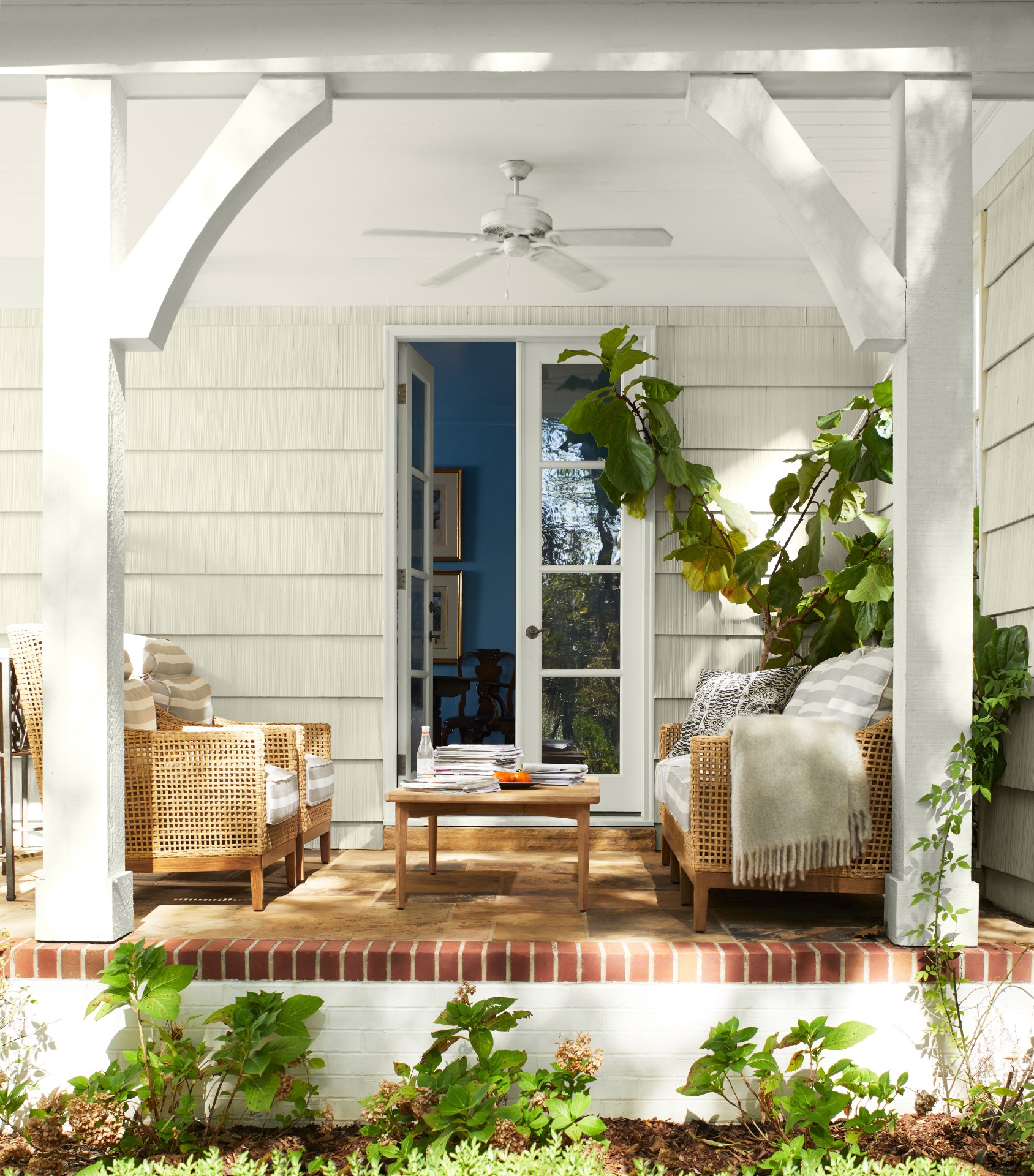
A common pest control mistake homeowners make is to use repellents to dissuade insects but not get rid of the areas attracting them. Of course, when dealing with carpenter bees, you cannot get rid of all the wood around your property. But, you can treat and get rid of rotting wood that entices them closer in the first place, suggests Brett Bennett, Director of Operations, PURCOR Pest Solutions.
‘Of course, the top way I will always recommend to ultimately repel carpenter bees is to not allow them any desirable places to establish. If there's rotten or damaged wood around your property, get it cleaned up and taken care of (refinished, sealed, etc), and you're unlikely to have any issues with carpenter bees.’
3. Block up old access points
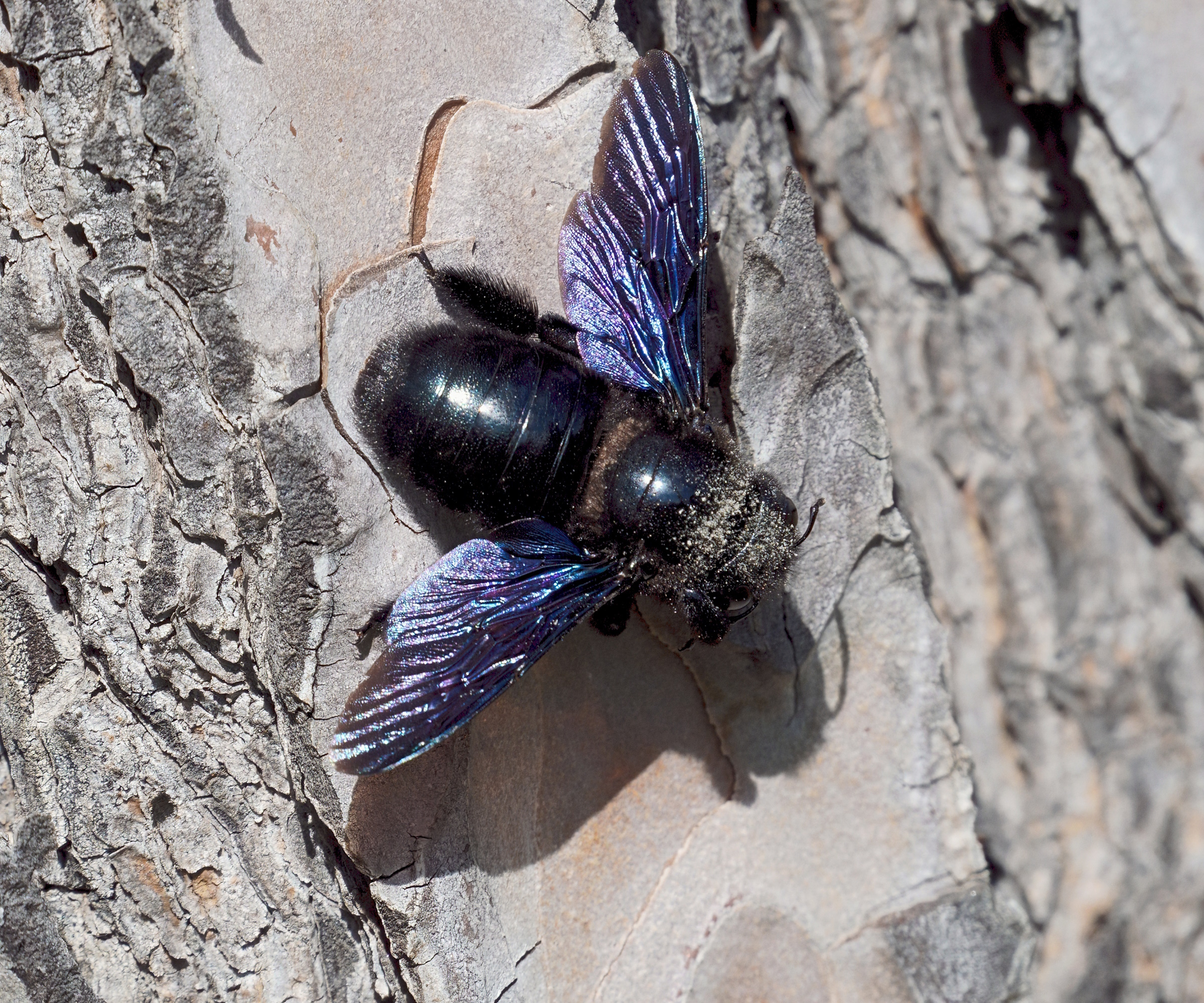
If you have had carpenter bees in the past, it is important to fill in any of their old homes to stop them coming back, adds David Price, entomologist and technical director at Mosquito Joe.
‘Carpenter bees have a tendency to return to previous nesting sites. Preventative measures like sealing and painting wood surfaces they have previously nested in remain key to reducing the likelihood of infestations. We recommend regular monitoring and prompt action to help minimize the impact of carpenter bee damage on homes.’
4. Plant repellent plants
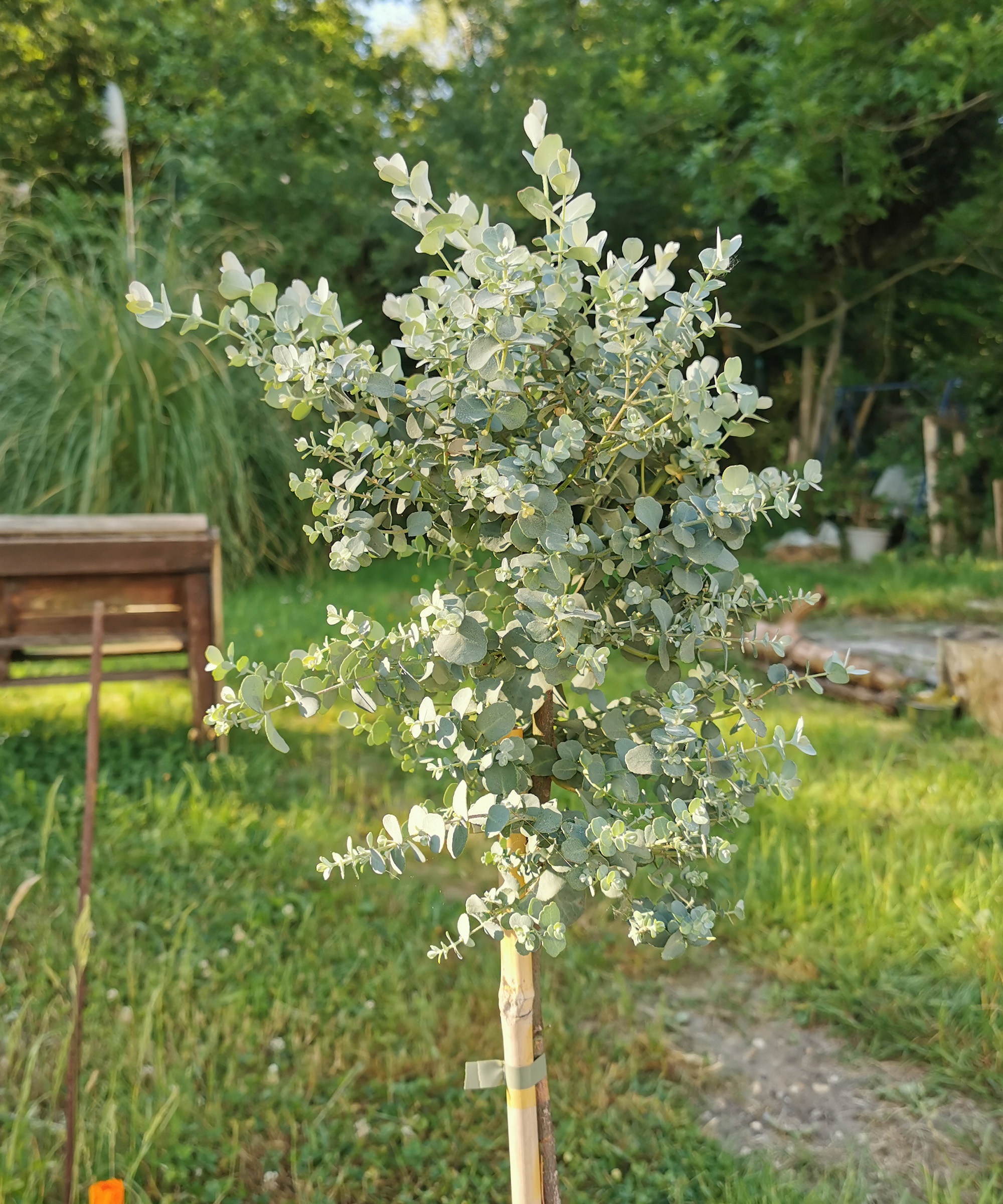
There are several great pest-repellent plants you can add to your yard to help make your yard look better while simultaneously dealing with potential pests such as bees, says Georgios Liakopoulos, pest control expert. Among the most popular are mint, citronella, and eucalyptus.
‘Bees will stay away from these if you plant them around your property. Plant repellent plants near wooden structures to make a natural barrier against carpenter bees,’ he recommends.
5. Encourage natural predators into your yard
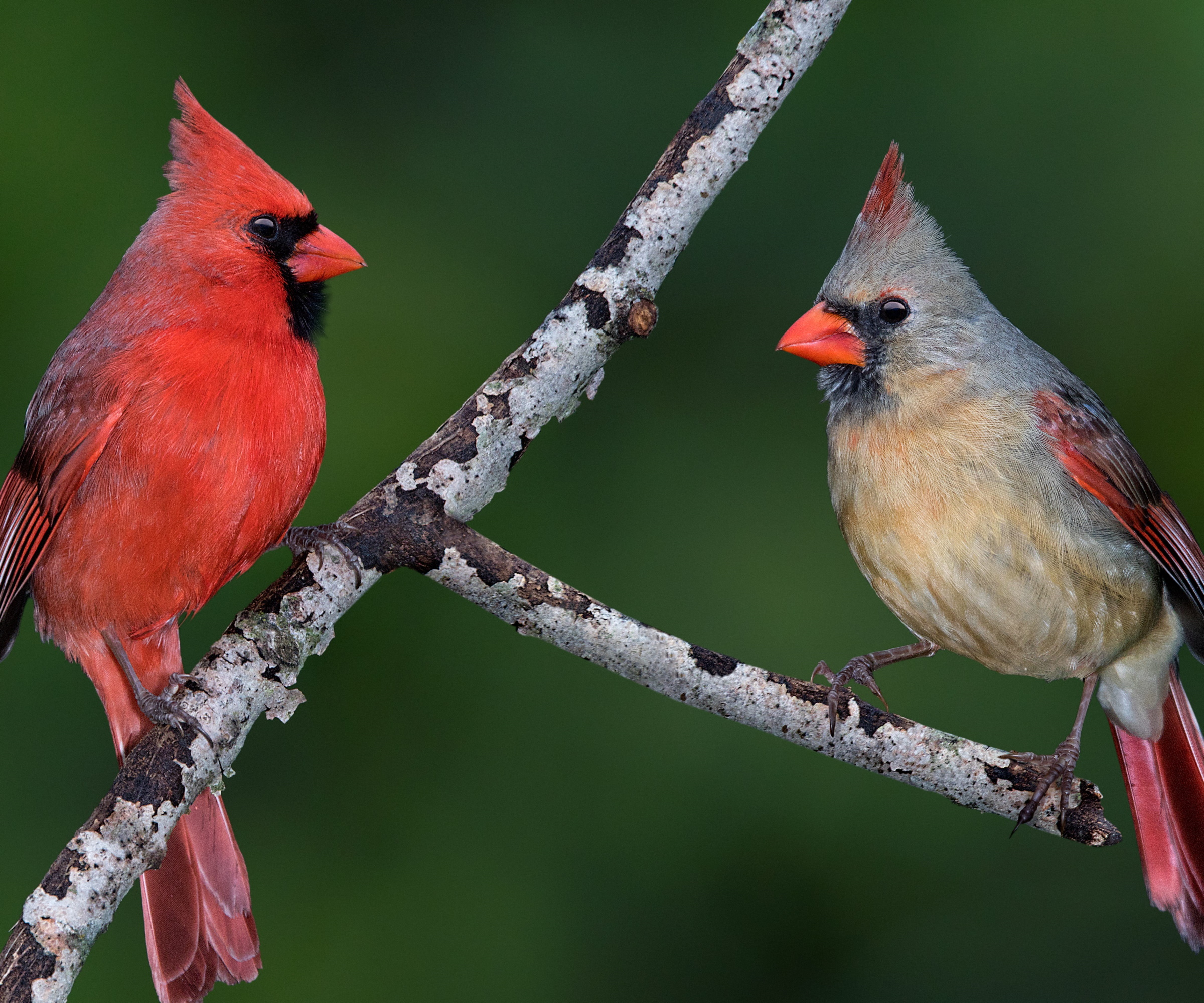
Another great natural approach to preventing carpenter bees is to encourage their natural predators to your yard. These will do the role of pest control for you, both eating any bees that threaten your property and dissuading them from encroaching on your space.
To do this, consider creating natural bird feeders for your yard, or planting the best plants for birds to encourage their interest in your yard, says Ryan Farley, CEO of LawnStarter. ‘I've had success using high-value bird seed and treats (like mealworms, peanuts, etc) to lure birds like jays and other predatory birds to the yard, where they will prey on carpenter bees and their like and discourage them from setting up shop.
‘Using the ecosystem to your advantage like this is one of the most natural repellents you can get.’
FAQs
Does white vinegar get rid of carpenter bees?
If you have spotted carpenter bees in your yard, you can spray the area with white vinegar to help dissuade them from setting up a home in your wooden structures and furniture – the strong smell will dissuade them. Remember to respray the vinegar regularly, especially after rain, to maintain its effectiveness.
What do pest control experts use for carpenter bees?
When a pest control company is called in to deal with carpenter bees, they will often use a low-toxicity chemical product that will help to kill the bees and their lava with minimal environmental impact. Unlike traditional pesticides, these chemicals need training to be used correctly, however, so they are best handled by the experts in the case of an infestation.
Using natural solutions and avoiding chemical products when repelling carpenter bees means you are far less likely to dissuade or accidentally kill more helpful critters, such as honey bees, to help pollinate your plants and provide for the ecosystem.
If you find yourself struggling with an infestation and natural remedies are not helping, consider calling a pest control expert for help, as they can treat the problem without damaging the surrounding land.
Sign up to the Homes & Gardens newsletter
Design expertise in your inbox – from inspiring decorating ideas and beautiful celebrity homes to practical gardening advice and shopping round-ups.

Chiana has been at Homes & Gardens for two years and is our resident 'queen' of non-toxic living. She spends most of her time producing content for the Solved section of the website, helping readers get the most out of their homes through clever decluttering, cleaning, and tidying tips. She was named one of Fixr's top home improvement journalists in 2024.
-
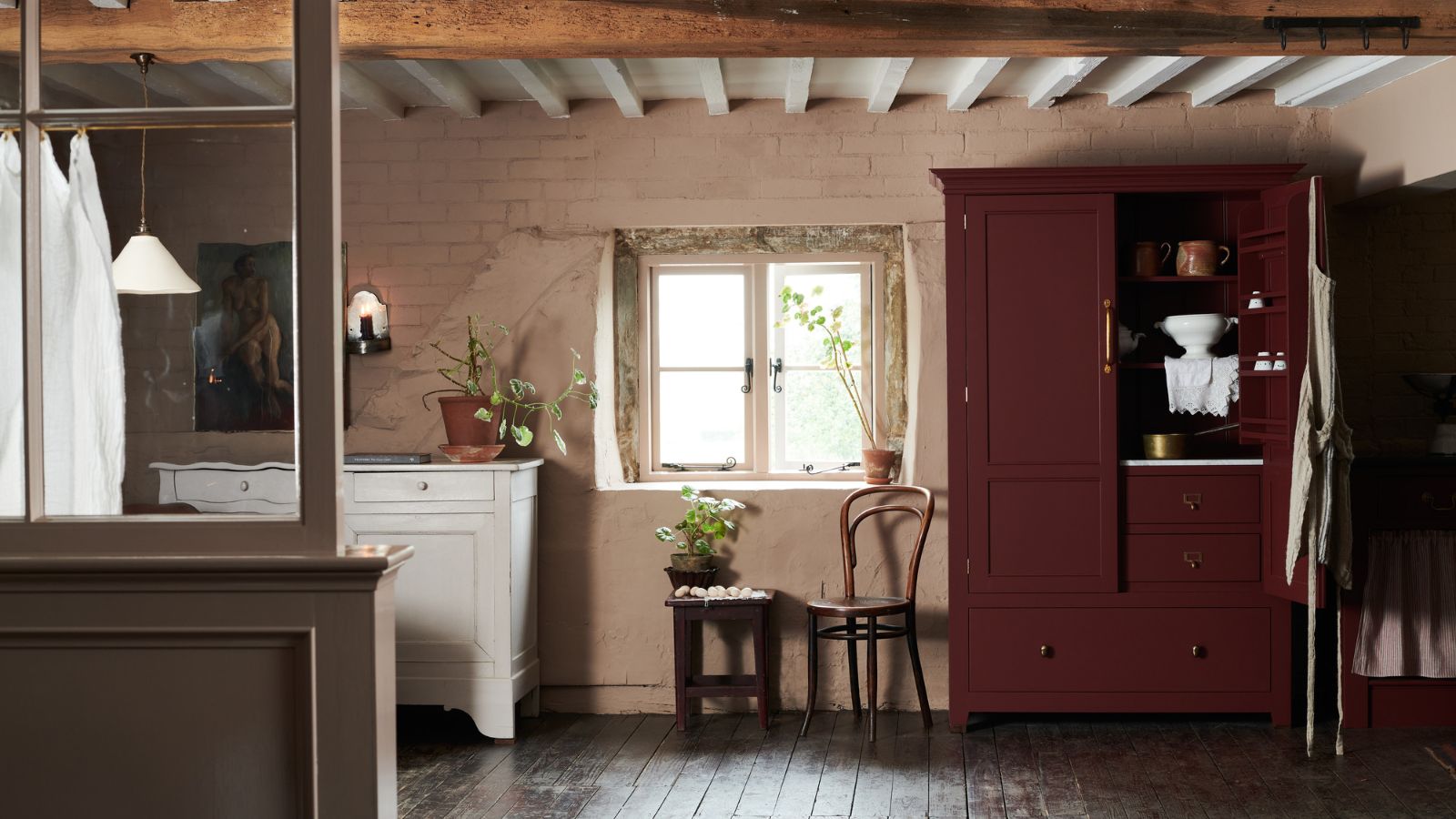 I’m a professional cleaner, and I swear by these quick and easy tips to clean pet hair from wooden floors
I’m a professional cleaner, and I swear by these quick and easy tips to clean pet hair from wooden floorsStaying on top of the mess makes it 10 times easier
By Carolina Kazimierski
-
 Kim Kardashian, Flea, and Travis Scott have this space-age sofa in their living room – the unique, luxury piece is redefining how we think about seating
Kim Kardashian, Flea, and Travis Scott have this space-age sofa in their living room – the unique, luxury piece is redefining how we think about seatingRecently, we've spotted this otherworldly sofa in the homes of seemingly every celebrity we know, Kim Kardashian included
By Sophie Edwards
